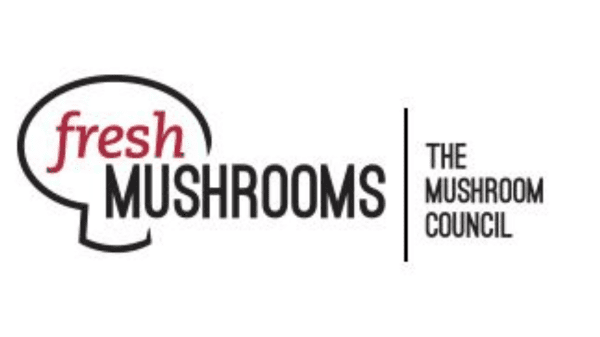January 31, 2024 — The U.S. Department of Agriculture (USDA) today announced the appointment of five members to serve on the Mushroom Council BB #:161860.
Three of the appointees will serve three-year terms beginning immediately through Dec. 31, 2026. One of the appointees for Region 1 will serve a two-year term beginning immediately and expiring on Dec. 31, 2025 and one of the appointees for Region 2 will serve a one-year term beginning immediately and expiring on Dec. 31, 2024.
Members appointed are:
Region 1: Pat Jurgensmeyer, Miami, Oklahoma
Region 1: Tom Christensen, Gonzales, Texas [2-year term]
Region 2: Tina Ellor, Kennett Square, Pennsylvania
Region 2: Laura Matar, Toughkenamon, Pennsylvania [1-year term]
Region 4: Kelly Hale, Ontario, Canada
The nine-member council is comprised of eight domestic growers and one importer. The members represent four regions: three domestic growers are from states other than California and Pennsylvania (Region 1), four domestic growers are from Pennsylvania (Region 2), one domestic grower is from California (Region 3), and one importer who represents all importers (Region 4). Council members are nominated by their peers and are appointed by the Secretary of Agriculture.
More information about the council, including a roster of members, is available on the Agricultural Marketing Service (AMS) Mushroom Council webpage and on the council’s website at www.mushroomcouncil.com.
Since 1966, Congress has authorized industry-funded research and promotion boards to provide a framework for agricultural industries to pool resources and combine efforts to develop new markets, strengthen existing markets and conduct important research and promotion activities. AMS provides oversight to 22 boards. The oversight ensures fiscal accountability and program integrity and is paid for by industry assessments.
AMS policy is that diversity of the boards, councils and committees it oversees should reflect the diversity of their industries in terms of the experience of members, methods of production and distribution, marketing strategies, and other distinguishing factors, including but not limited to individuals from historically underserved communities, that will bring different perspectives and ideas to the table. Throughout the full nomination process, the industry must conduct extensive outreach, paying particular attention to reaching underserved communities, and consider the diversity of the population served and the knowledge, skills and abilities of the members to serve a diverse population.



